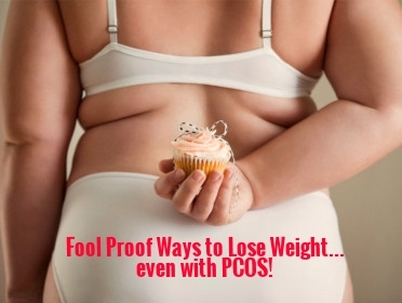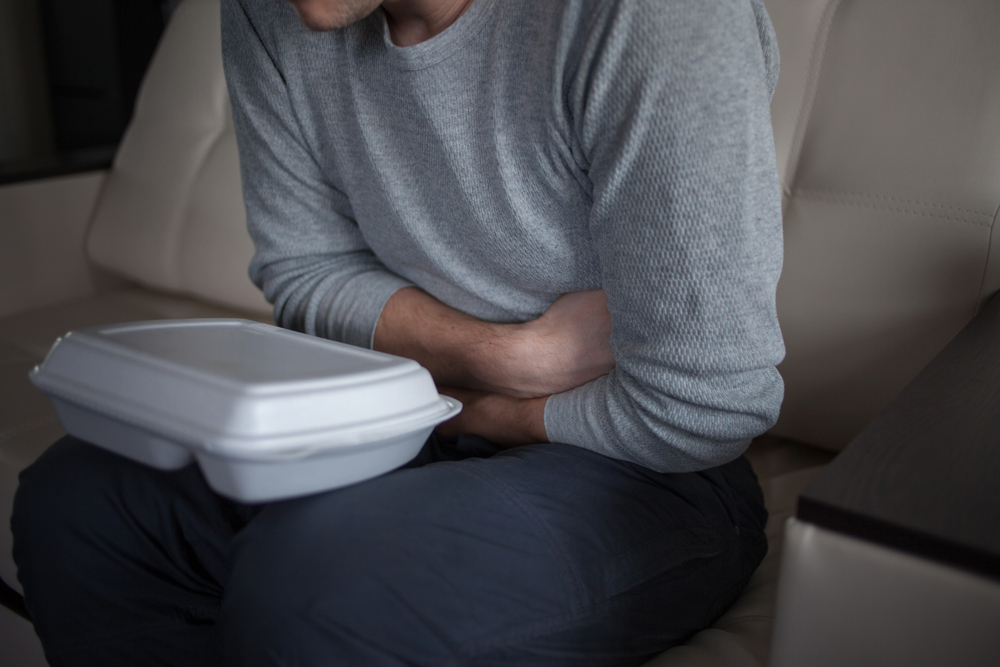PCOS or Polycystic ovary syndrome, also known as hyperandrogenic anovulation (HA), or even Stein–Leventhal syndrome is a very common endocrine disorders among women. About 5% to 10% of girls and women aged 12-45 suffer from this disorder.
Symptoms of Polycystic Ovary Syndrome (PCOS)
It is a genetic disease that causes irregular menstruation, ovulation related infertility, hormonal imbalance, irregular hair growth, acne, obesity, type 2 diabetes and high cholesterol levels.
Is PCOS Curable or Treatable?
Unfortunately polycystic ovary syndrome is not curable but the symptoms can be managed with simple lifestyle changes. So what does this mean? It means that PCOS symptoms are treatable but not curable.
Why PCOS causes weight gain?
Polycystic ovary syndrome (PCOS) causes weight gain because it makes difficult to the body to use the hormonal insulin which is responsible for the conversion of the sugar into energy. This also trigger type 2 diabetes.
5 Tips in How to Lose Weight with PCOS
If you are diagnosed with polycystic ovary syndrome (PCOS) and struggling to lose weight below are few lifestyle changes that you can make in order to treat and to lose weight without medicine.
- Consume no more than 1445 calories a day. Women with PCOS have slow metabolism and therefore it is recommended that you consume less calories than women with NO PCOS.
- Control your appetite, this is very hard because Polycystic Ovary Syndrome causes hunger. But studies suggest that if you can control your diet and appetite you are more likely to overcome that stress of PCOS symptoms.
- Avoid sugary diet, this means no frizzy drinks, no candy, no chocolate, no ice cream, no cakes, NO SUGAR! You can switch regular sugar to Stevia which is 300 time sweeter than regular sugar but has zero calories read more about this in this article titled “Stevia the miracle substance – 300 times sweeter than sugar – zero calories! (benefits and risks)”
- Drink at least 2-3 litres of water a day and if you can drink before you start a meal. Although many doctors will not recommend this because it can dilute nutrients but it can help you to manage your calorie intake and appetite.
- If you can introduce zero or negative calorie diet foods in your meals. I have wrote an article about negative calorie foods you can read it here it is titled “Negative Calorie Foods and Weight Loss”
Did You Know?
- 1Looking to make extra money? We have Brand Partner openings on our team.
- 2Vitamins and Minerals in Purium are listed here
- 3You can Protect your gut bacteria from harmful glyphosate with this.
- 4Purium Health Products are organic and GMO free.
- 5The Biggest Purium Discount is available using our codes.










